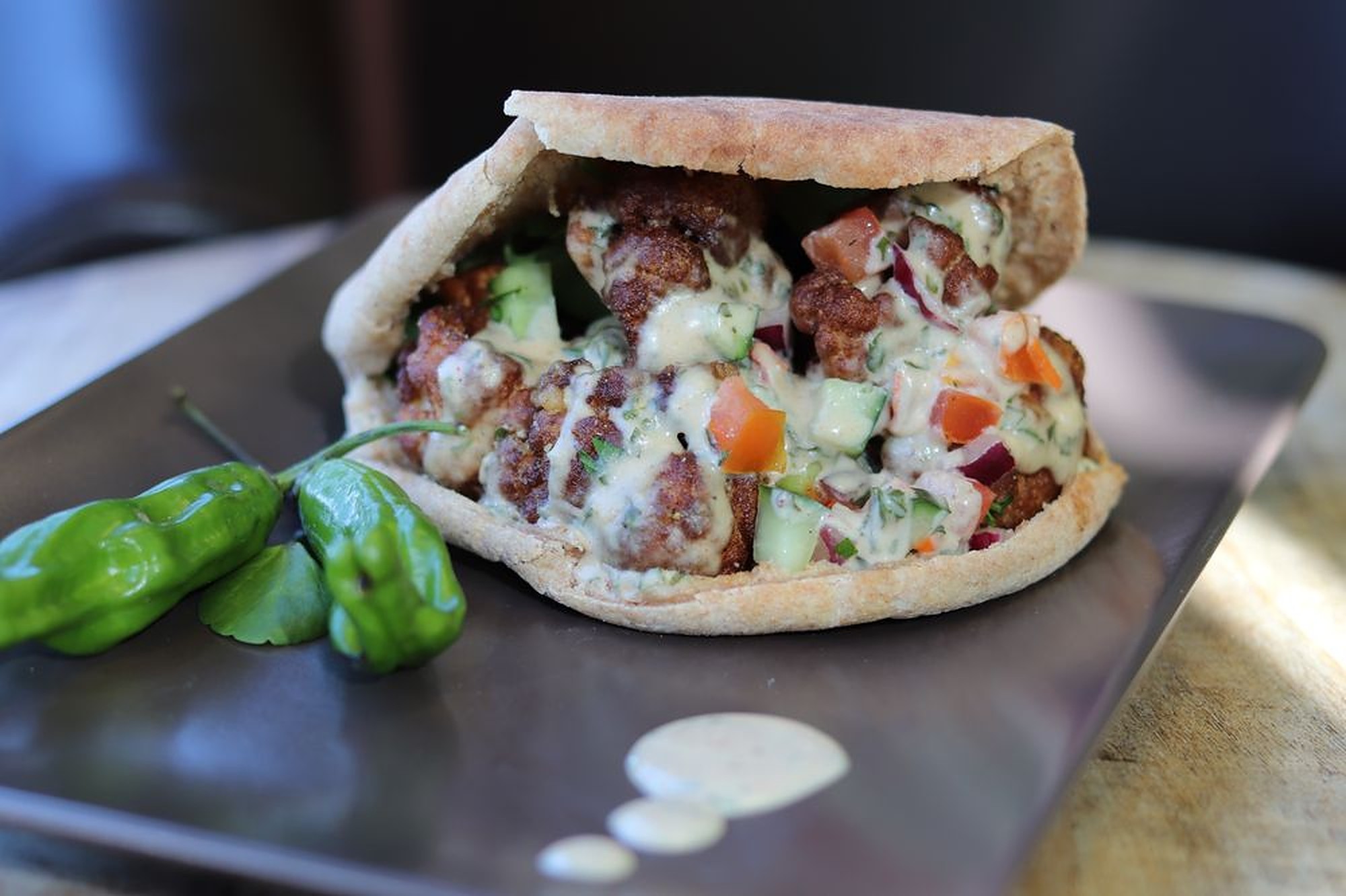“You brought Egypt to Vegas! This Koshary took me years back home,” expresses one Egyptian customer during their visit to the only Egyptian restaurant in Las Vegas, USA. When living abroad, homeland is usually found indoors; it is found in the stories and shared memories retold by your parents, the old family photographs, the films and the music, and most importantly – the food. Yet more and more Egyptian entrepreneurs are bringing their homelands to the outdoor streets of the world, allowing Egypt to be seen beyond stereotypical images and films of Ancient Pharaohs, but is represented and redefined through their passions and ideas that they share. Inspired by Egyptian street food restaurant Zööba, POTs brings the raw, authentic and evolved heart of Egypt all the way to Las Vegas. Making it in Yelp’s Top 50 Places to Eat in Las Vegas list, the place is more than just a restaurant, but a women-owned initiative that not only provides essential support for minorities, but equally centers and amplifies their voices in the fight against racism and appropriation. “The grit and the isolation makes you want to prove that you can…



